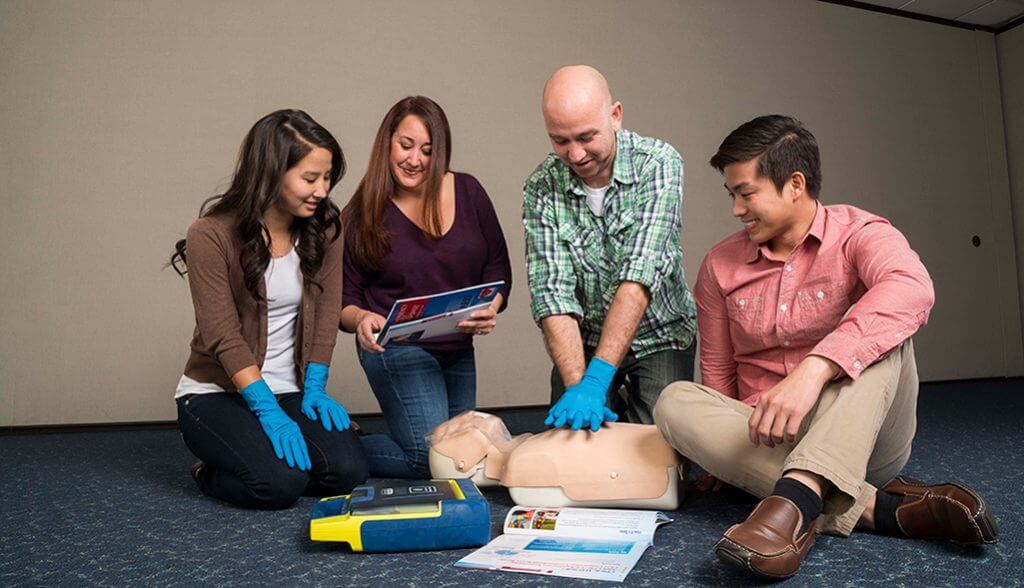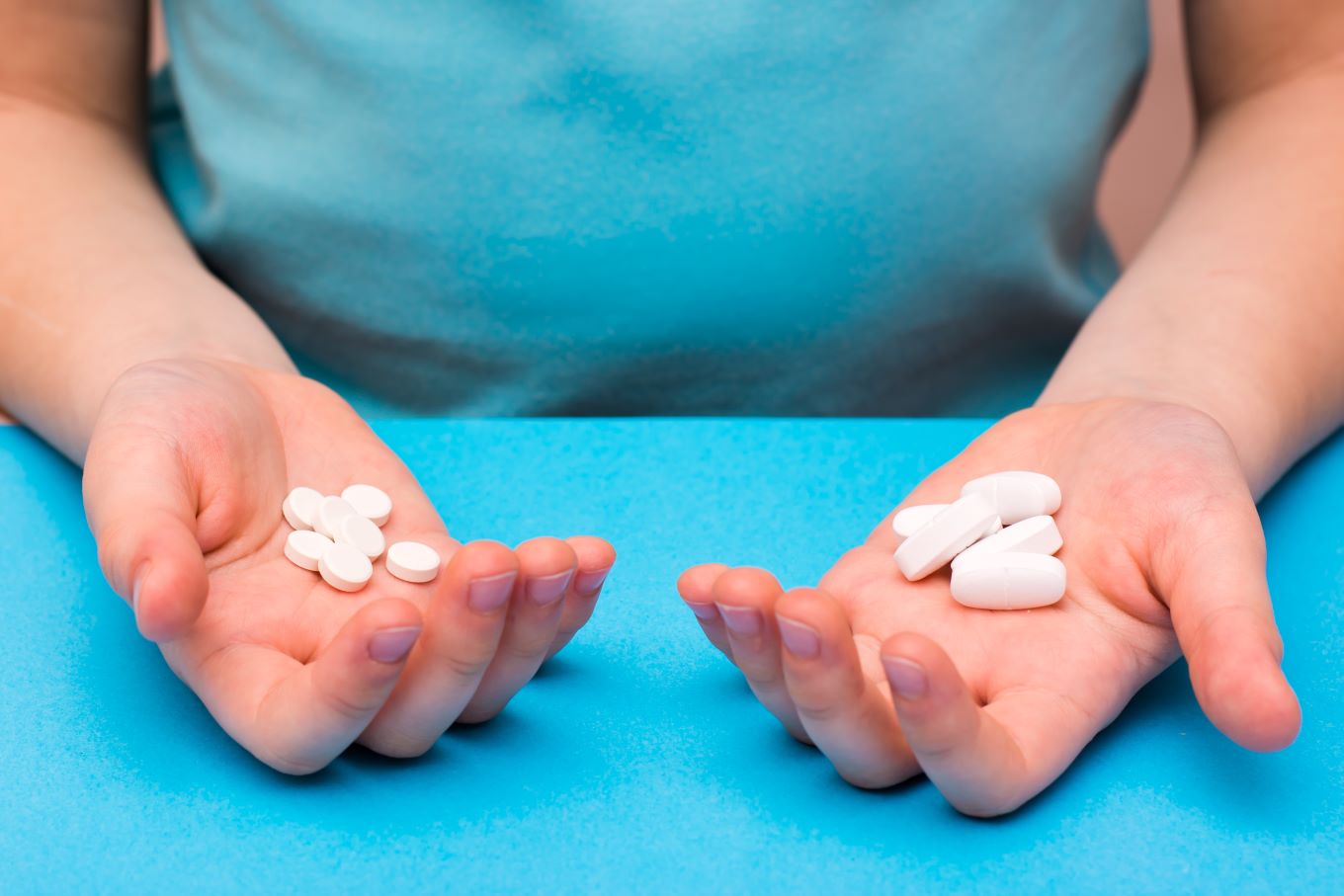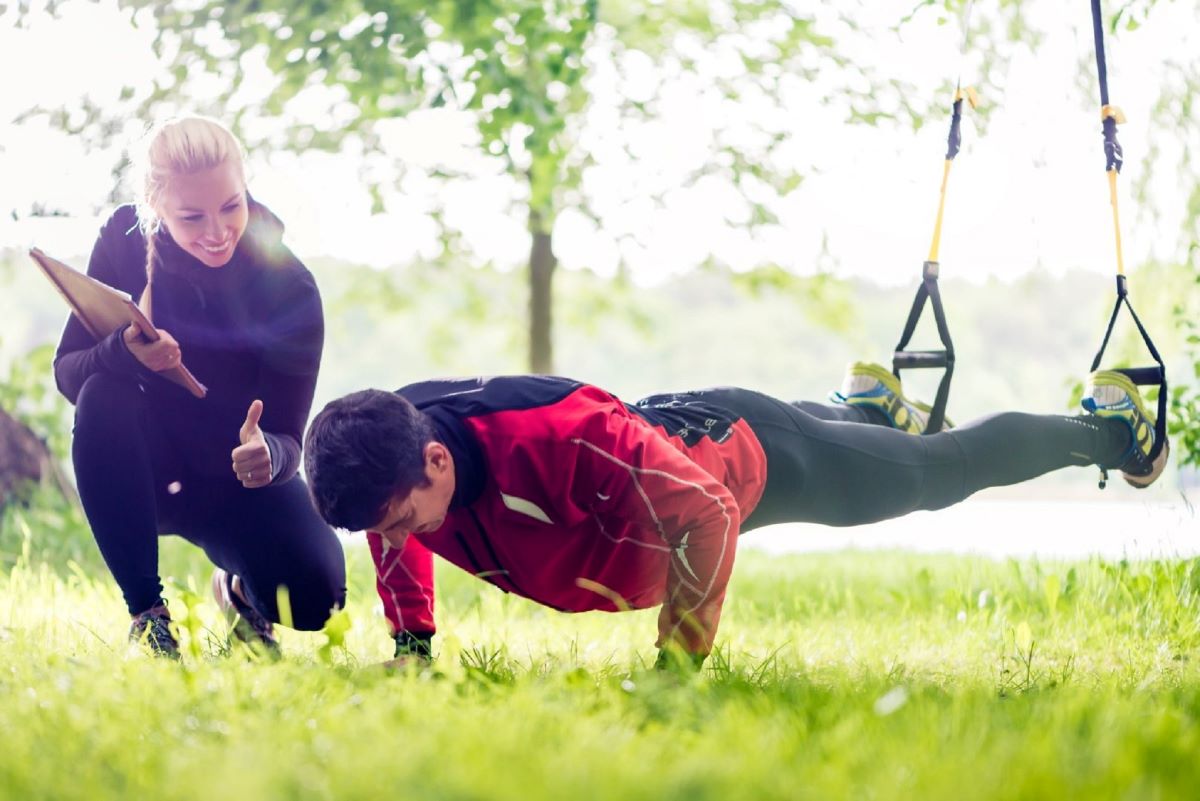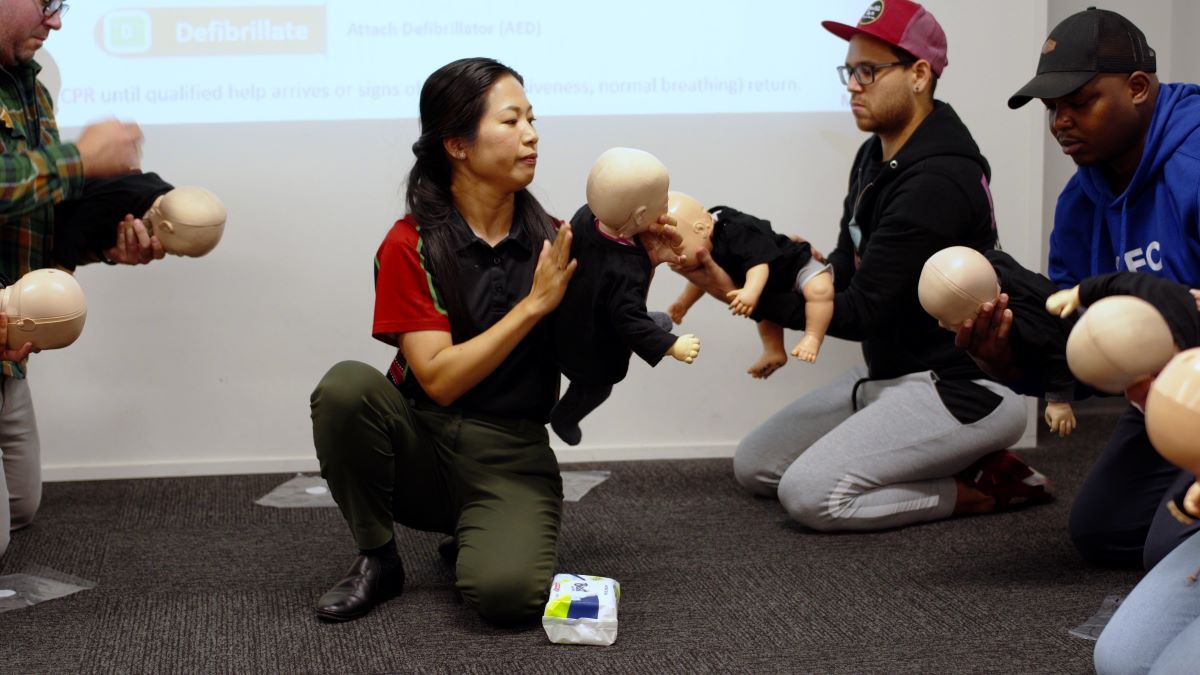Emergencies happen.
While the odds of having a sudden cardiac arrest (SCA) are much higher than finding yourself in most emergency scenarios, still, strange things happen every day. Emergencies happen when you least expect them, and the best thing you can do is be prepared in case of a sudden injury or illness.
This blog post contains steps on how to deal with emergencies efficiently. Keep ready to know what to do when faced with an emergency and build your confidence in dealing with both minor and major injuries.
Some medical emergencies you should be familiar with:
- Burns
- Bleeding injury
- Cardiovascular or Chest Problems
- Choking
- Head, Neck, and Spinal Injury
- Poisoning
- Seizures
- Shock
- Stroke
When an emergency occurs…
-
Remain Calm
The most important thing you can do in an emergency is to remain calm and stay in control of the situation. Take time to calm down and assess the situation to see if you can do anything to help.
Do NOT panic. Panic only results in excessive thinking and careless actions, which often lead to disastrous outcomes.
-
Move to a Safe Location
The general rule in First Aid is to NOT move casualty from the place where the accident happens. But this may vary if there is an imminent threat or danger to both the responder and the casualty (i.e. traffic hazards, fire, lack of oxygen, risk of explosion, and/or a collapsing structure).
If the casualty needs to be moved, try not to bend or them if possible. Make sure their neck and spine are flat and straight, so you can move them safely without causing injuries.
-
Provide First Aid
Try to look at the emergency situation as a whole.
- Determine which casualty requires the most immediate first aid treatment.
- Treat the most life-threatening emergencies first, like bleeding, cardiac arrest, or shock.
- Perform basic first aid techniques such as applying gauze and bandages to stop the bleeding wound or treat minor burns, cuts, and insect stings using items on your first aid kit.
- Enrol in a First Aid course to train yourself in providing first aid medical assistance.
-
Ask for Help
As soon as you have provided first aid, call 000 and give the emergency dispatcher as much accurate information as possible. Convey what caused the emergency, how many casualties were affected, their age and condition, location—basically, all key points of information that you must not forget to convey on the call.
-
Comfort and Reassure
Until the ambulance arrives, communicate with the casualties to help divert their attention from pain and stay hopeful about recovery. While waiting, try to make them comfortable by doing minimal movements such as covering them with blankets or applying ice packs if needed.
Conclusion
Emergencies are inevitable, and they often catch us in the most unexpected situation. We should never be caught off-guard or be idle when someone is in need of immediate medical assistance. Good decision making and prompt measures are important in dealing with emergencies.
Taking a First Aid Course can also help develop skills and capabilities.







